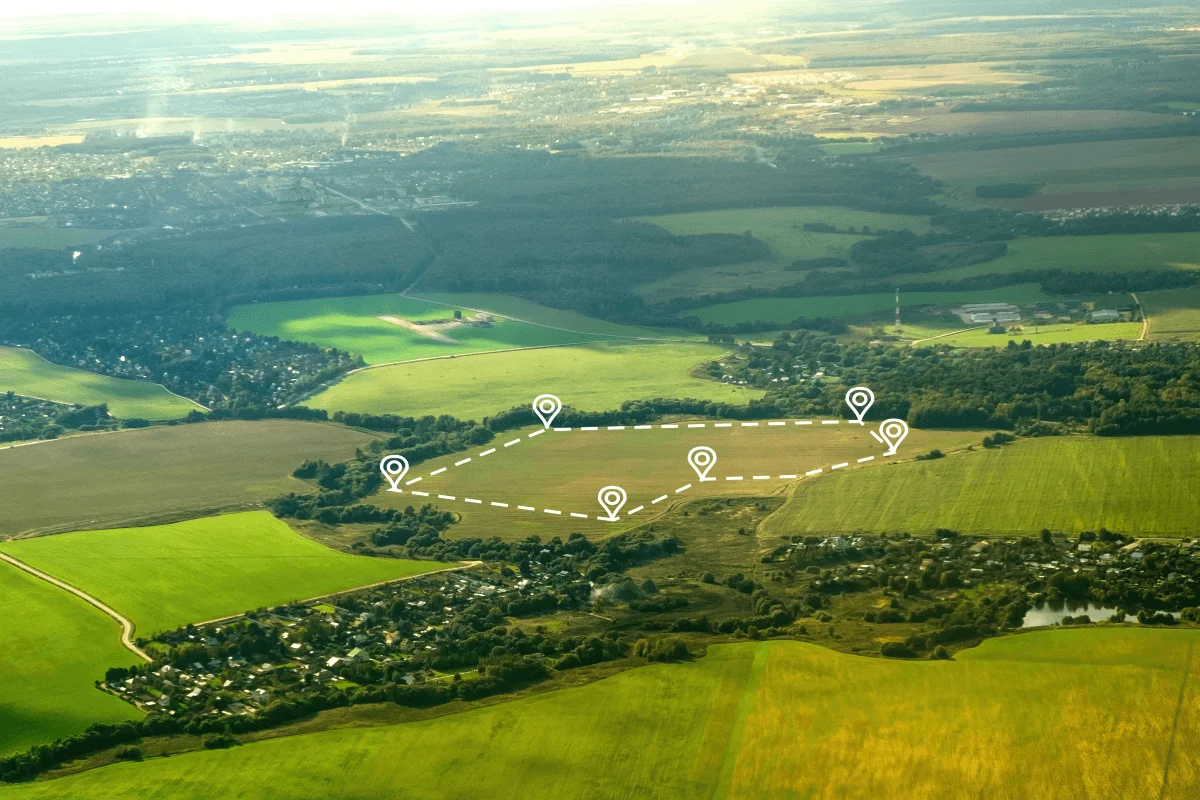Zoning Regulations & Land Use Restrictions for Commercial Property
Whether you’re developing a retail space off a country highway, opening a farm supply store or investing in a small-town industrial facility, zoning laws play a major role in what can and can’t be done with commercial land and properties. These regulations are local and determine how real estate can be used and what can be built there. For investors and business owners, it is absolutely crucial to understand commercial zoning restrictions to ensure your project runs smoothly and complies with local ordinances.
What are Zoning Regulations?
Zoning regulations are local laws that divide land based on use. These zones can be commercial, residential, agricultural and industrial and can be divided into single or multi-use categories. Each type of zone has specific rules and regulations that determine what types of structures or activities are permitted in that zone. In rural regions, these regulations are designed to balance the development of the area with the preservation of the land. Zoning laws support local economies and investor growth while maintaining open landscapes and small-town character.
Because zoning laws vary widely between counties and cities, rural commercial investors should consult local planning departments early in the purchasing or development process. Even neighboring towns can have entirely different definitions and requirements for what qualifies as commercial use.
Commercial Zoning Laws
Commercial zoning laws are how land and buildings can be used for business purposes. These regulations define whether a property can house offices, restaurants, shops, industrial operations or agricultural businesses. Every jurisdiction has its own ordinances and guidelines, but most zoning codes share the same goal: to create organized, sustainable growth that benefits both the economy and the community.
For rural commercial developments, commercial zoning plays an even more significant role. Because towns and counties often blend agricultural, residential and business districts, a single zoning change can affect access, property value and long-term development potential.
Common Types of Commercial Zoning
Commercial property zoning is divided by local governments into specific categories based on scale, purpose or environmental impact. The most common types include:
- General Commercial: Covers everyday business operations, such as retail stores, offices and service centers.
- Central Business District: Applies to downtown or centralized business areas with concentrated businesses and commerce.
- Highway or Corridor Commercial: Found along major roads, ideal for restaurants, lodging or convenience stores catering to travelers.
- Light Industrial or Business Park: Designed for small-scale manufacturing, warehousing or distribution.
- Agricultural-Commercial: A growing hybrid category in rural markets, allows for agritourism, farm supply stores or food processing operations.
Each of these unique zones carries their own restrictions related to building height, signage, parking and permitted uses. In rural communities, where infrastructure and natural resources are closely tied to the land, these details matter even more.
Why Zoning Knowledge Matters to Buyers & Sellers
Zoning can directly impact a property’s value, profitability and long-term use potential. For buyers, understanding a property’s zoning rules helps identify opportunities, or even hidden challenges, before closing a deal. By complying with zoning laws, sellers can ensure a smooth transaction and widen the pool of eligible buyers.
For developers and investors, zoning also influences whether future changes will be allowed, such as adding a second business, expanding a structure or introducing a new type of use. Securing a variance or rezoning approval can take months, so doing your due diligence early is vital.
United Country Real Estate: Your Commercial Property Partner
Zoning laws can be difficult to navigate, especially in rural communities and small-town markets, and they require experience, local insight and national reach.
For those ready to take the next step, United Country Real Estate is your go-to resource for navigating the rural commercial real estate market. With a century of experience connecting buyers, sellers and investors to properties in rural communities and 100 years of innovation within the rural real estate industry, United Country offers listings for everything from rural commercial properties for sale to income-producing farmland and undeveloped land. Their team of expert REALTORS®, Accredited Land Consultants and Certified Commercial Investment Member understand the unique challenges of rural property transactions and will provide a seamless and stress-free experience.



